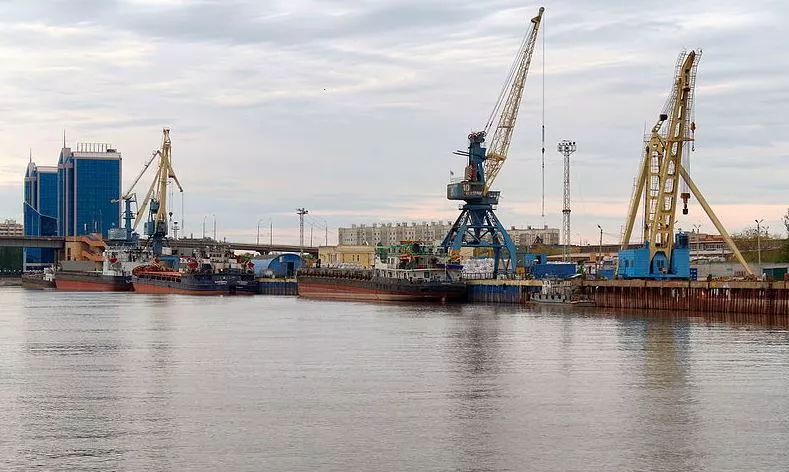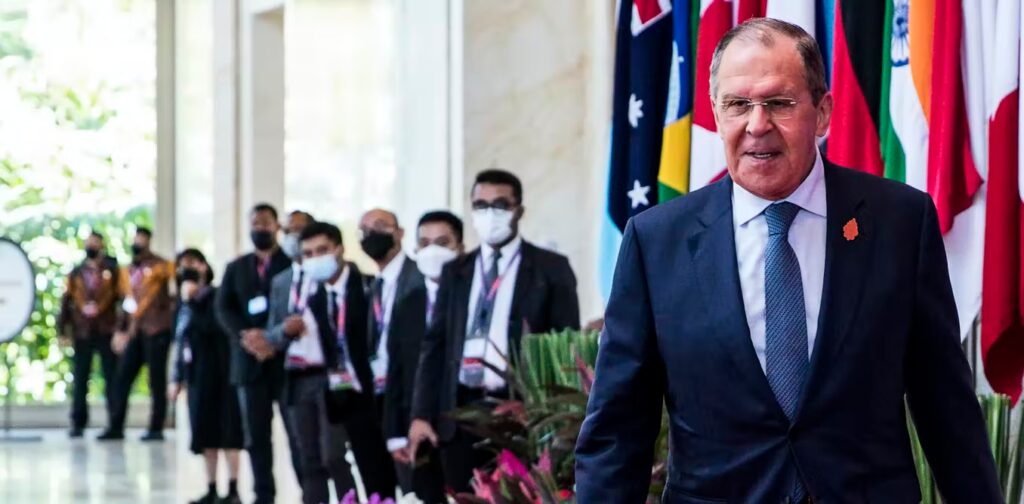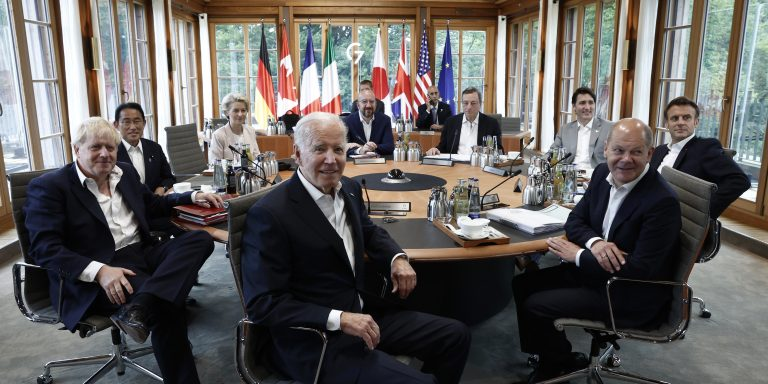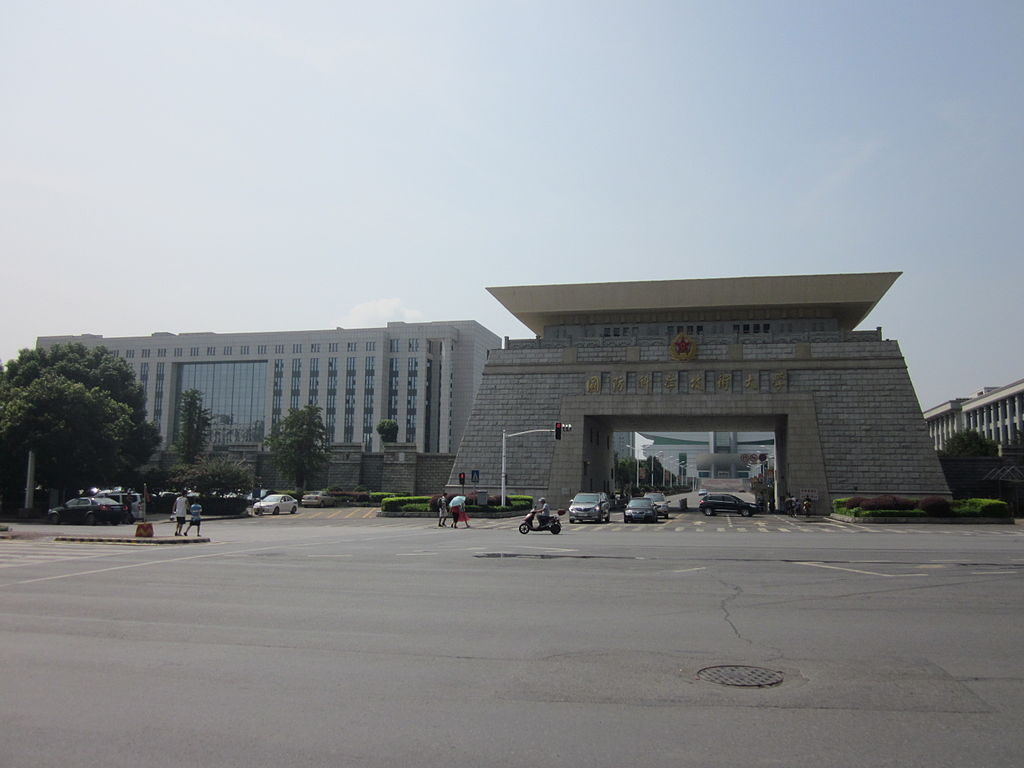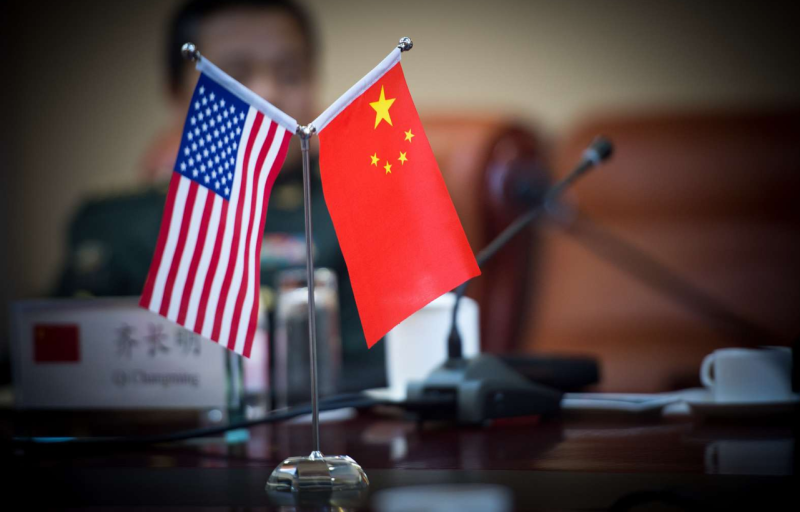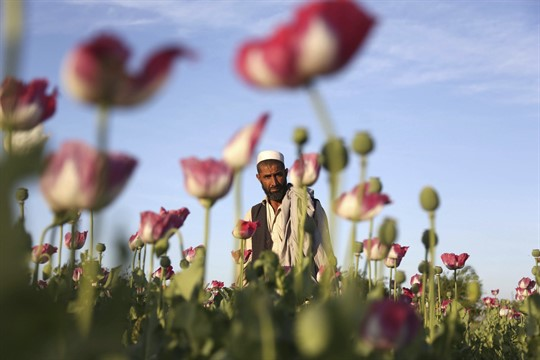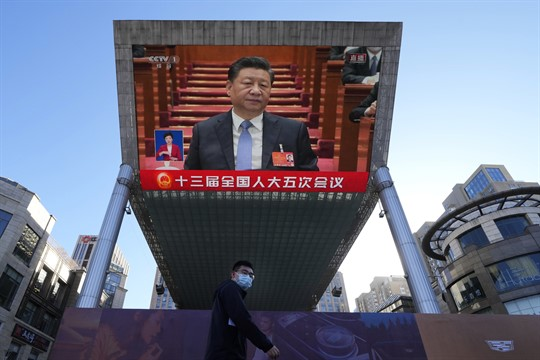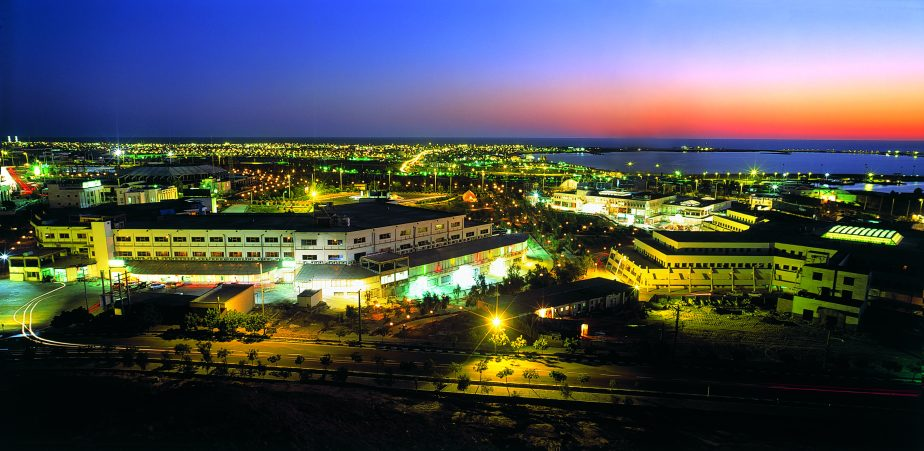Astrakhan Is India’s Gateway To Russia – Analysis
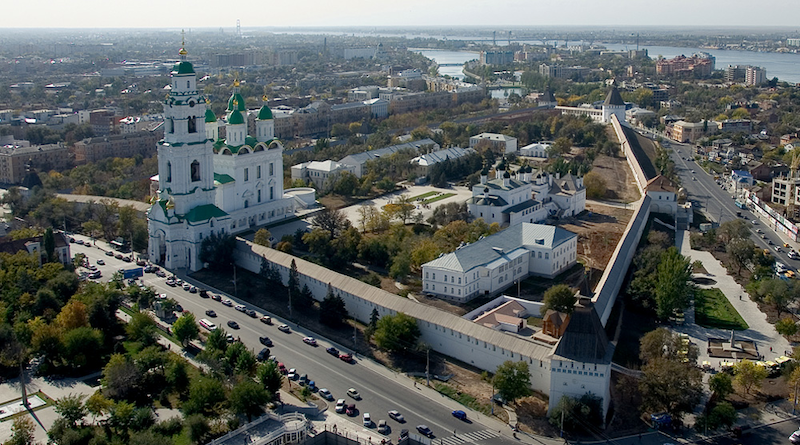
Eight years after a dry run for the International North-South Transport Corridor (INSTC) was conducted between Mumbai and Astrakhan via Bandar Abbas, the Russian authorities are keen to convert this corridor into a significant logistics artery. The centrepiece of such plans is to make Astrakhan, a city about 100 kilometres north of the Caspian Sea, a gateway for Indian products to Russia and Central Asia.

